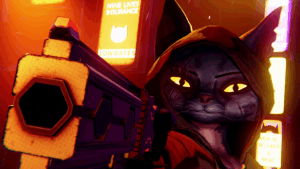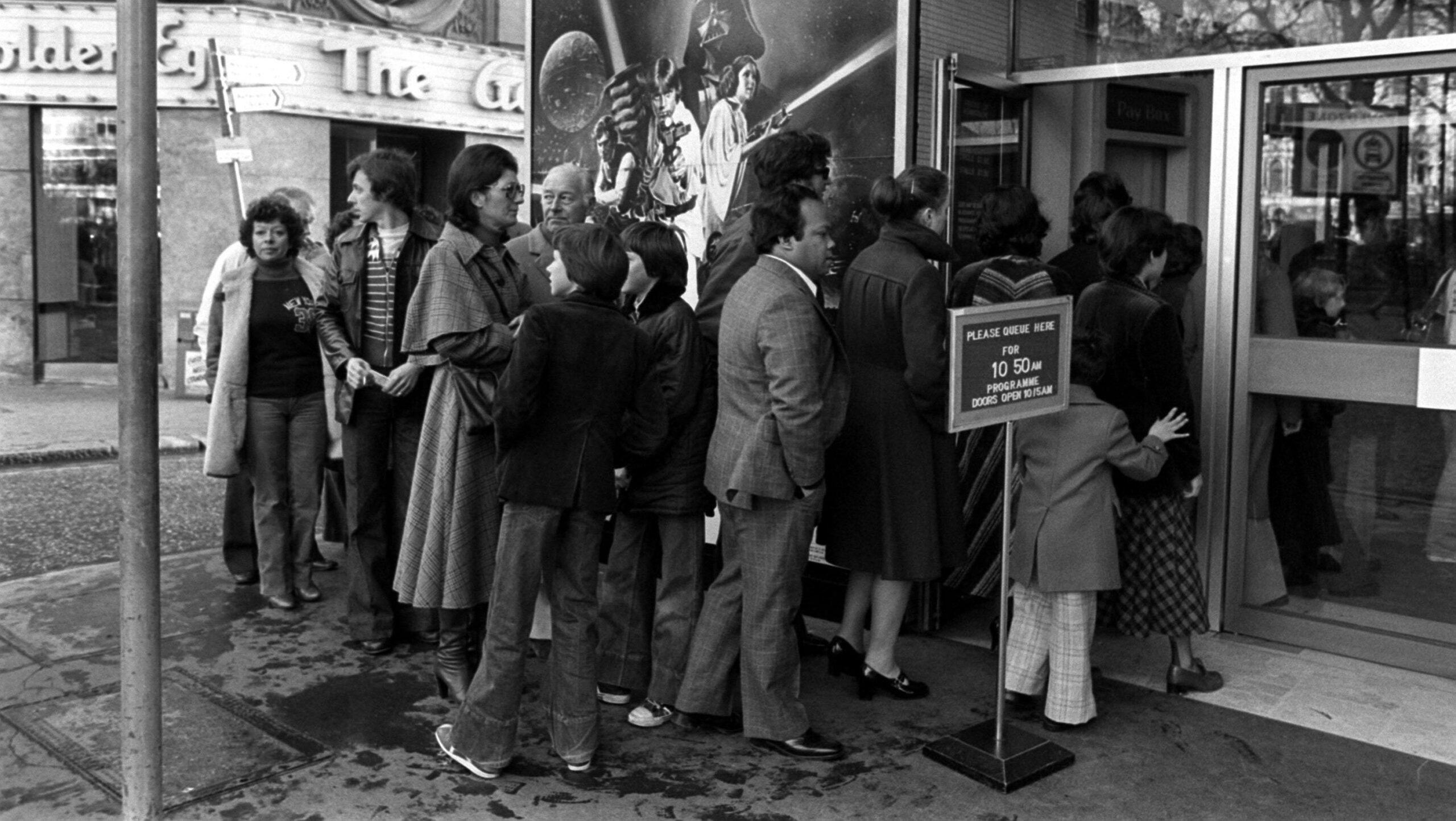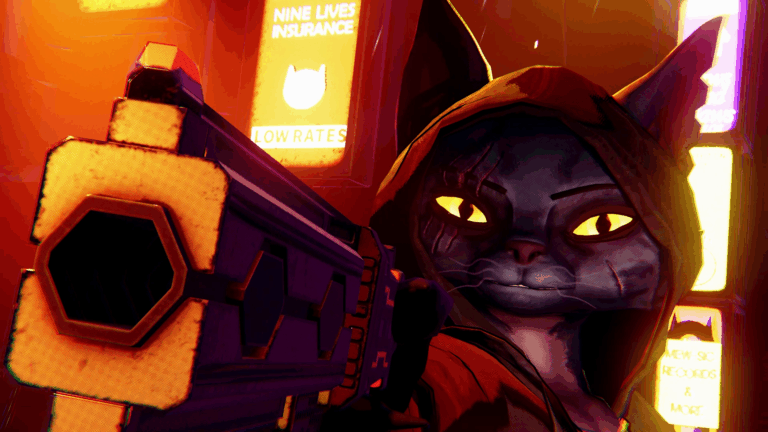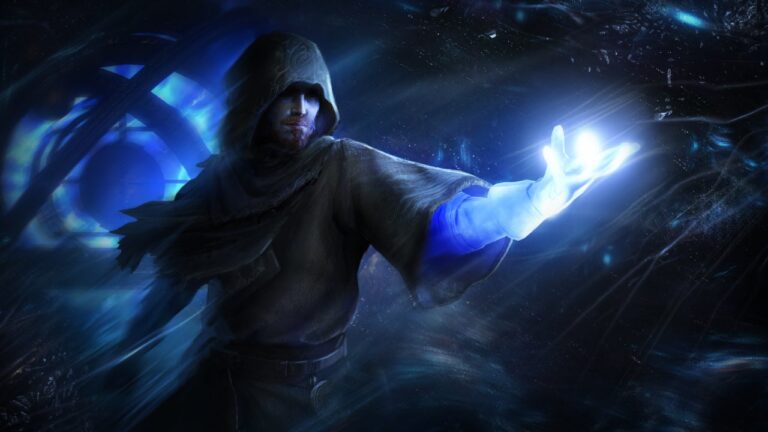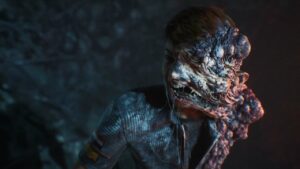Historic Screening of the Original Star Wars Movie Sparks Excitement
Recently, the British Film Institute showcased the first print of the legendary 1977 film Star Wars: Episode IV – A New Hope. This rare event marked the first time the original version of George Lucas’s groundbreaking sci-fi masterpiece was publicly screened since 1978. Fans and film enthusiasts gathered to experience a piece of cinematic history — and Lucasfilm President Kathleen Kennedy was on hand to assure everyone that this screening was entirely legal.
Kathleen Kennedy’s Lighthearted Assurance
During her introductory remarks at the London-based BFI Film on Film Festival on June 12, Kennedy made a playful comment to set the tone for the event. She joked, “I’m here to… make sure that you don’t think that this is an illegal screening.” Her lighthearted approach reassured fans that the rare viewing was authorized and officially sanctioned.
The Significance of the Original Print
Kennedy also shared insights into the historical importance of the print being shown. She described it as “incredible folklore,” noting that even within Lucasfilm, there has been ongoing mystery surrounding the whereabouts and condition of the original footage. She explained, “What you’re about to see is the first print, and I’m not even sure there’s another one quite like it. It’s that rare.” Over the years, George Lucas made numerous changes to the film, experimenting with different edits, which has led to some confusion about what the original version truly looked like.
A Rare Opportunity for Fans and Historians Alike
This screening marked a historic moment because it was the first time the original 1977 print was publicly shown in over four decades. While the film had been made available on VHS multiple times, nothing compares to experiencing it on the actual archival print, preserved meticulously by the BFI. According to reports, the reels were stored at a temperature of 23 degrees Fahrenheit to ensure optimal quality and preservation.
Preservation of a Cinematic Treasure
- The print is one of only a few dye transfer IB Technicolor copies produced specifically for the UK release.
- It is preserved in the BFI National Archive, showcasing some signs of age but maintaining vibrant, unfaded colors.
- This rare film piece offers an authentic glimpse into the original cinematic experience of the film’s initial release.
George Lucas and the Evolution of the Movie
Interestingly, George Lucas has historically been secretive about the original cut of Star Wars. After the film’s debut, Lucas made several modifications, which eventually led to the release of the 1997 Special Edition. This version, which has been widely available to fans, includes numerous changes from the original. Lucas’s initial reluctance to reveal or preserve the original cut has fueled curiosity among fans and historians alike.
Preserving a Cultural Milestone
Thanks to the efforts of institutions like the BFI, the original 1977 version of Star Wars is now preserved and accessible for special screenings. These events not only celebrate the film’s legacy but also allow audiences to experience a version of the movie that shaped science fiction and blockbuster filmmaking for generations.
Photo credit: PA Images via Getty Images.
Lex Briscuso is a film and television critic and freelance entertainment writer for IGN. Follow her on Twitter at @nikonamerica for more updates on classic films and industry news.

